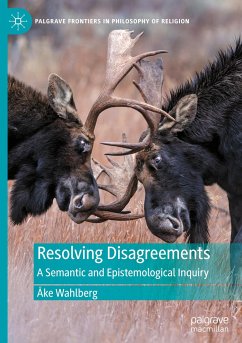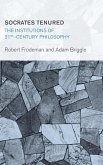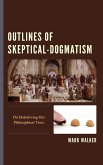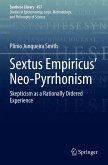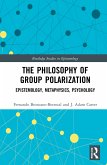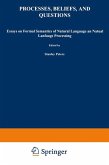This book examines how the semantics and metaphysics of disagreement affect the epistemology of disagreement. It thus broadens the philosophical discourse by relating the epistemological discussion of (peer) disagreement to inquiries into the nature of disagreement and disagreeing. By doing this, it paints a new picture of the epistemological situation evoked by disagreement: To the same extent that an interpersonal dispute undermines the justification of the disputing persons' beliefs, it also presents an obstacle to interpersonal understanding. This follows from the nature of meaning, belief and communication, rightly understood. In demonstrating the relevance of this to philosophical reflections on peer disagreement and resolution of disagreement, the book addresses arguably the most contentious kind of disagreement, namely, religious disagreement. It shows that apparent disagreement in religion suggests that the dialog partners might not have reached sufficient mutual understanding. This has important ramifications for the rationally right conduct in the face of religious disagreement, and for the possibility of rational resolution of religious disputes.

